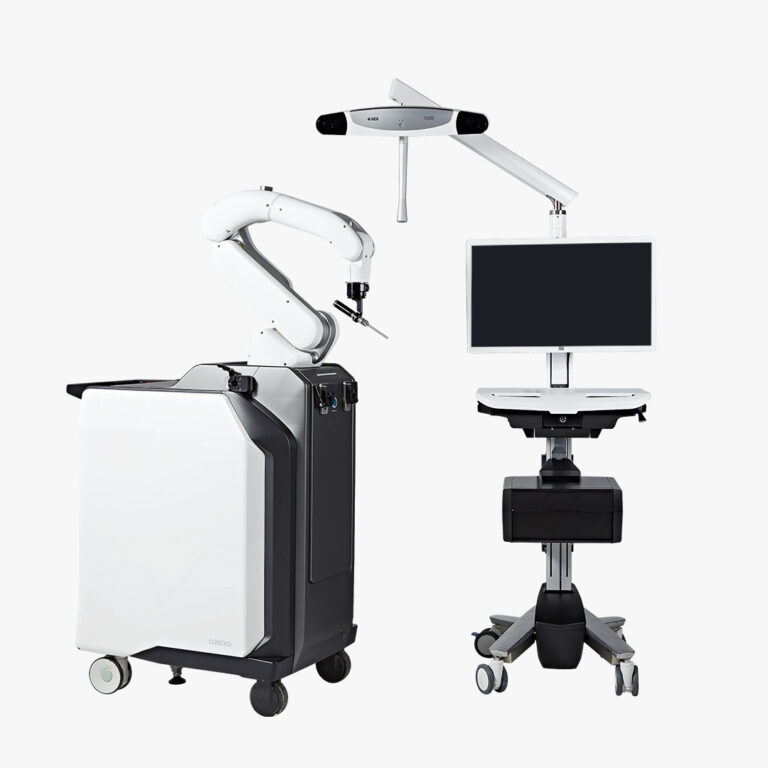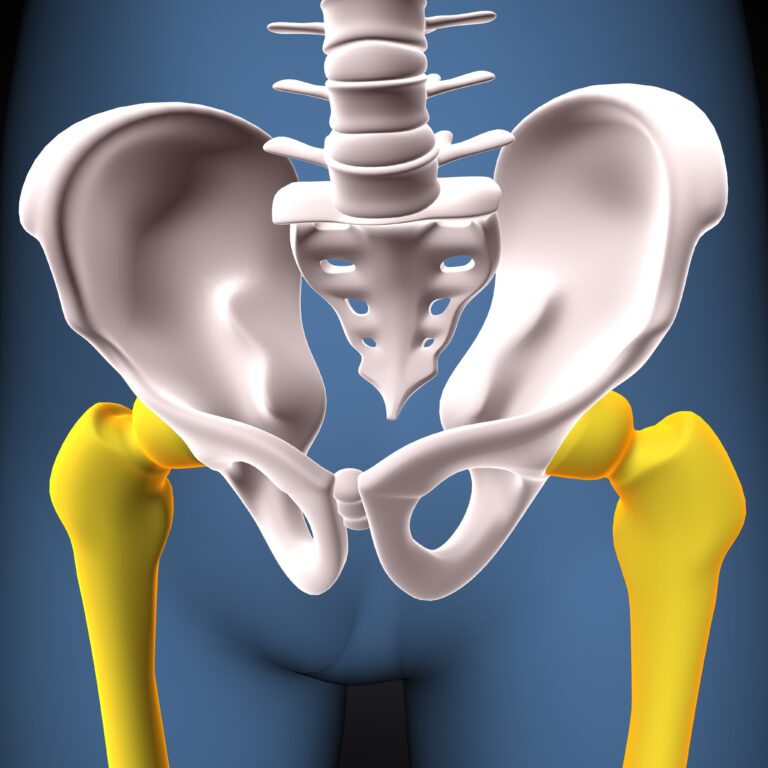
Knee Replacement in Women: Unique Risks, Gender-Specific Considerations, and How to Optimize Post-Surgical Recovery for Better Outcomes”
Introduction:
Knee replacement surgery is becoming more common among women, especially with the increasing prevalence of osteoarthritis. However, studies have shown that women may face different risks and challenges compared to men when undergoing knee replacement surgery. This blog delves into these gender-specific risks and offers guidance on how women can optimize their recovery.
Gender-Specific Differences in Knee Replacement:
- Bone Structure: Women tend to have narrower and more tapered bones, which can affect the fit of knee implants.
- Higher Rates of Osteoporosis: Women, especially postmenopausal women, are more likely to have osteoporosis, increasing the risks of complications like fractures.
- Post-Surgical Pain and Recovery: Research suggests that women may experience higher levels of post-operative pain and longer recovery times compared to men.
Risks Specific to Women:
- Implant Misfit: Traditional knee implants were designed based on male anatomy, which can lead to complications for women if not properly sized.
- Higher Risk of Complications: Women have been shown to have a higher risk of complications such as blood clots and infections after knee replacement surgery.
- Longer Recovery Time: Women are more likely to report chronic pain or stiffness in the knee after surgery, leading to a potentially longer rehabilitation period.
Optimizing Recovery for Women:
- Custom Implants: Many hospitals now offer gender-specific knee implants designed to fit women’s unique anatomy.
- Prehabilitation: Engaging in physical therapy before surgery to strengthen muscles and improve range of motion can lead to better outcomes.
- Post-Surgery Rehab: A tailored rehabilitation program that addresses the unique needs of women can improve recovery speed and quality of life.
- Pain Management: New techniques in pain control, such as nerve blocks and specialized pain-relief protocols, can help women manage post-operative pain more effectively.
Conclusion:
By recognizing the unique challenges women face during and after knee replacement surgery, healthcare providers can create individualized treatment plans that improve outcomes and reduce risks.
Disclaimer:
The information provided is for educational purposes only and should not be considered medical advice. Always consult with a healthcare provider for a thorough evaluation and personalized treatment plan for knee replacement surgery. Risks and outcomes may vary, especially considering gender-specific factors and individual health conditions. This content aims to raise awareness about knee replacement risks and recovery strategies for women. Results can differ, and professional medical guidance is essential for optimizing recovery and ensuring successful outcomes.



